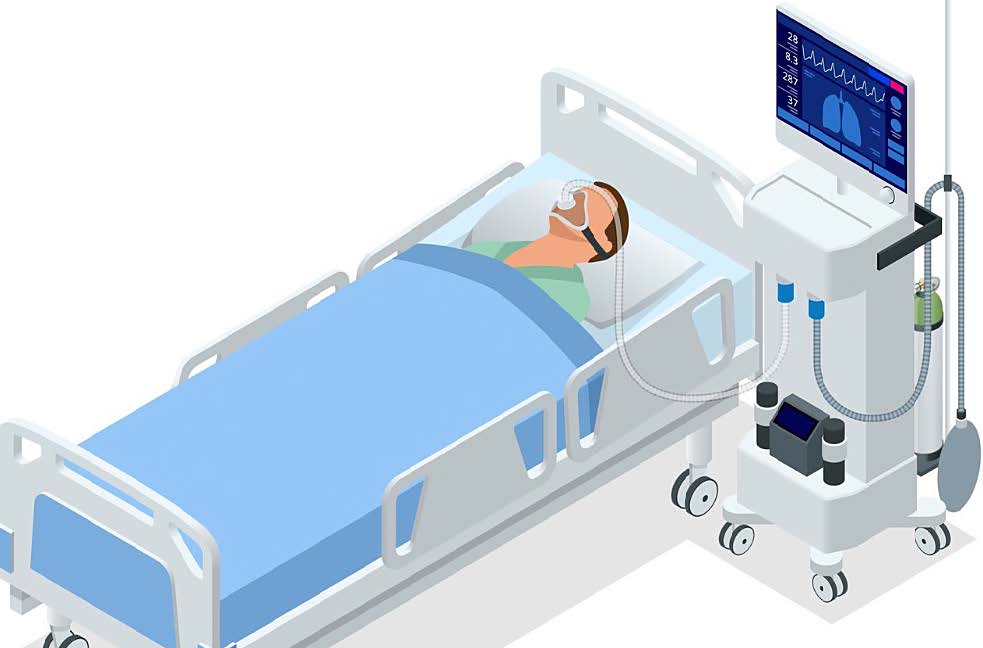IDD DISCRIMINATION IN CRISIS-TIME MEDICINE
BY JOHNNY PAYNE MED CPD
Purpose : In response to recent national discussions on discrimination against people with Intellectual and Developmental Disabilities (IDD) in crisis-time health care decision making, I have drafted a short informal summary of my personal considerations.
Should I meet a medical crisis in the coming months, the beds and ventilators may not be available for me if I have a disability that presents in me some kind of vulnerability. If I own a personal ventilator, and I receive treatment in the coming months, in some states, it may be taken from me and given to someone with fewer vulnerabilities. This is part of a long-standing value system that perpetuates homogenous functioning. It is what one of my favorite writers Dr. Thomas Reynolds calls, "the Cult of Normalcy." Reynolds notes that all our historical medical practices create a bell curve of typical functioning. These medical practices deeply inform societal practices. All our societal functioning is built around the center of the bell curve. If you lie on the outskirts of the curve or are not part of the Cult of Normalcy, then interacting with the core fixtures of our human experience, communicating, transporting, collaborating and socializing, or in this case, receiving equitable medical care, will present barriers to you. This feels especially sinister in the medical realm because it would seem that medical interventions occur typically during an individually experienced time of crisis, and these times imply an attitude of grace and service from service providers. However, I have observed many reports from individuals with disabilities who note discrimination during this time as well.
Here's an example from a recent article:
"When my friends with some of these needs go into the hosEP ON COVID-19 pital, even under normal circumstances, those of us who love them try to organize lots of calls and visits. These aren't just to keep the patient's spirits up. They are designed to send a message to treating professionals: 'Someone cares if this person lives or dies. You are being watched.'" I have appreciated the consideration of efficiency as states like Washington and Tennessee have worked to craft their crisis medical plans. I understand the intention is to save as many lives as possible, should the worst-case scenario occur. However, I appreciate what one writer noted, "As this may be the case, Equity would have been sacrificed in the name of efficiency." With this consideration, I should state that I am for the concept of "first come, first served" in regard to the dispensary of and use of medical equipment. The most pressing question this debate stirs is the question of the determining makeup of an individual's value. The long-term ramifications of non-futile care as are being considered, should COVID-19 meet the most severe expectations of our models, are such that would affect the worldview of our society for generations to come.
It is vital that we face these questions now, rather than reap the consequences afterward. A short passage from a recent New York Times opinion article stands out: "When Congress passed the Americans With Disabilities Act 30 years ago, did it do so as a form of charity limited to times of plenty? Or was our country serious about disability as a civil rights issue? Charity can end when resources are scarce – civil rights must continue, even if doing so imposes a cost in time, money and even lives. People with disabilities have an equal right to society's scarce resources, even in a time of crisis".•

REST ASSURED: Charity can end when resources are scarce.
ABOUT THE AUTHOR:
Johnny Payne is the Mental Health Coordinator at the Orange Grove Center in Chattanooga TN.